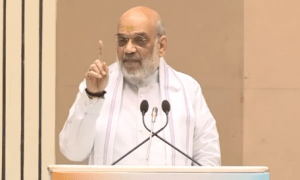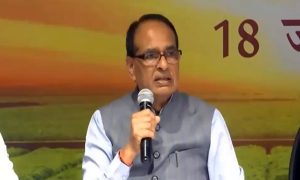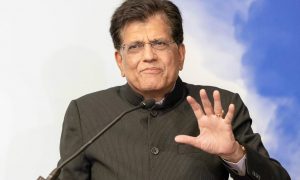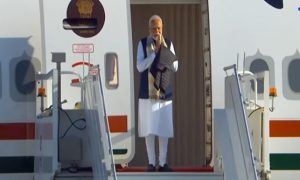On July 31, 2019, the Rajya Sabha passed the Motor Vehicles (Amendment) Bill, 2019 that contains the provisions to make Indian roads safer. Lok Sabha had already passed the bill earlier. However, further scrutiny is expected to be done and the bill is supposed to be resent to Lok Sabha for approval. Once approved, the bill will then be sent to the President for final approval post which, if approved, the bill will become the Law.
Some of the major proposals in the bill include huge surges in penalties for traffic violations, protection of Good Samaritans, holding builders accountable for the poor quality of infrastructure, promote use of technology to regulate traffic, recalling defective vehicle parts by OEMs. Also, vehicle owners will be criminally liable for violations committed by juvenile drivers as per the new bill.
The legislation also provides for stricter penalty for various traffic-related offences as well as higher penalties, including compensation of Rs 5 lakh in case of death and Rs 2.5 lakh for grievous injury in a motor vehicle accident case. It proposes Rs 10,000 fine for blocking emergency vehicles way and Rs 10,000 for driving despite disqualification.
Cab aggregators will now be defined as marketplaces that can be used by passengers to connect with drivers. Aggregators violating driving licences will be fined ranginig from Rs 25,000 up to Rs 1 lakh. Any violation of the IT Act (including storing of user data safely) will attract fines between Rs 5,000 up to Rs 1.5 lakh.
Below are some of the important proposals in the Bill with the revised list of fines/penalties to be paid by the traffic rules violators:
1. The Bill makes Aadhaar card mandatory for vehicle registration and driving licence
2. For deaths in hit-and-run cases, the government will provide a compensation of Rs 2 lakh or more to the victim’s family, up from Rs 25,000 currently
3. In traffic violations by juveniles, the guardians or owner of the vehicle would be held responsible unless they prove the offence was committed without their knowledge or they tried to prevent it. The registration of the motor vehicle in question will be cancelled. The juvenile will be tried under the Juvenile Justice Act
4. The bill has provision for protection of Good Samaritans. Those who come forward to help accident victims will be protected from civil or criminal liability. The option lies with them to disclose their identity to the police or medical personnel
5. The minimum fine for drunk driving has been increased from Rs 2,000 to Rs 10,000
6. The fine has been increased from Rs 1,000 to Rs 5,000 for rash driving
7. Driving without a licence will attract a minimum fine of Rs 5,000 as against Rs 500 at present
8. The fine for over-speeding will go up from Rs 400 to Rs 1,000-2,000
9. Not wearing seatbelt would attract a fine of Rs 1,000 as against Rs 100 at present
10. Talking on a mobile phone or jumping traffic light while driving will attract a fine of Rs 5,000 and a jail term of up to 1 year, up from Rs 1,000
11. A Motor Vehicle Accident Fund will provide compulsory insurance cover to all road users in India for certain types of accidents
12. It will be mandatory to alter vehicles to make them suitable for specially abled people
13. Contractors, consultants and civic agencies will be accountable for faulty design, construction or poor maintenance of roads leading to accidents
14. A time limit of six months has been specified for an application of compensation to the Claims Tribunal with regard to road accidents
15. The Bill removes the cap on liability for third-party insurance. The 2016 Bill had capped the maximum liability at Rs 10 lakh in case of death and Rs 5 lakh in case of critical injury
16. The time limit for renewal of driving licence is increased from one month to one year before and after the expiry date
17. The government can recall vehicles whose components or engine do not meet the required standards. Manufacturers can be fined up to Rs 500 crore in case of sub-standard components or engine
18. Penalty for use of a vehicle without permit has been proposed at Rs 10,000
19. Overloading of vehicles would attract a penalty of Rs 20,000 and Rs 2,000 per extra tonne. Meanwhile, overloading of passengers will attract a penalty of Rs 1,000 per extra passenger
20. Over-loading of Two wheeler vehicles would attract a penalty of Rs 2,000 and could also lead to disqualification of licence for three months






















 WhatsApp us
WhatsApp us